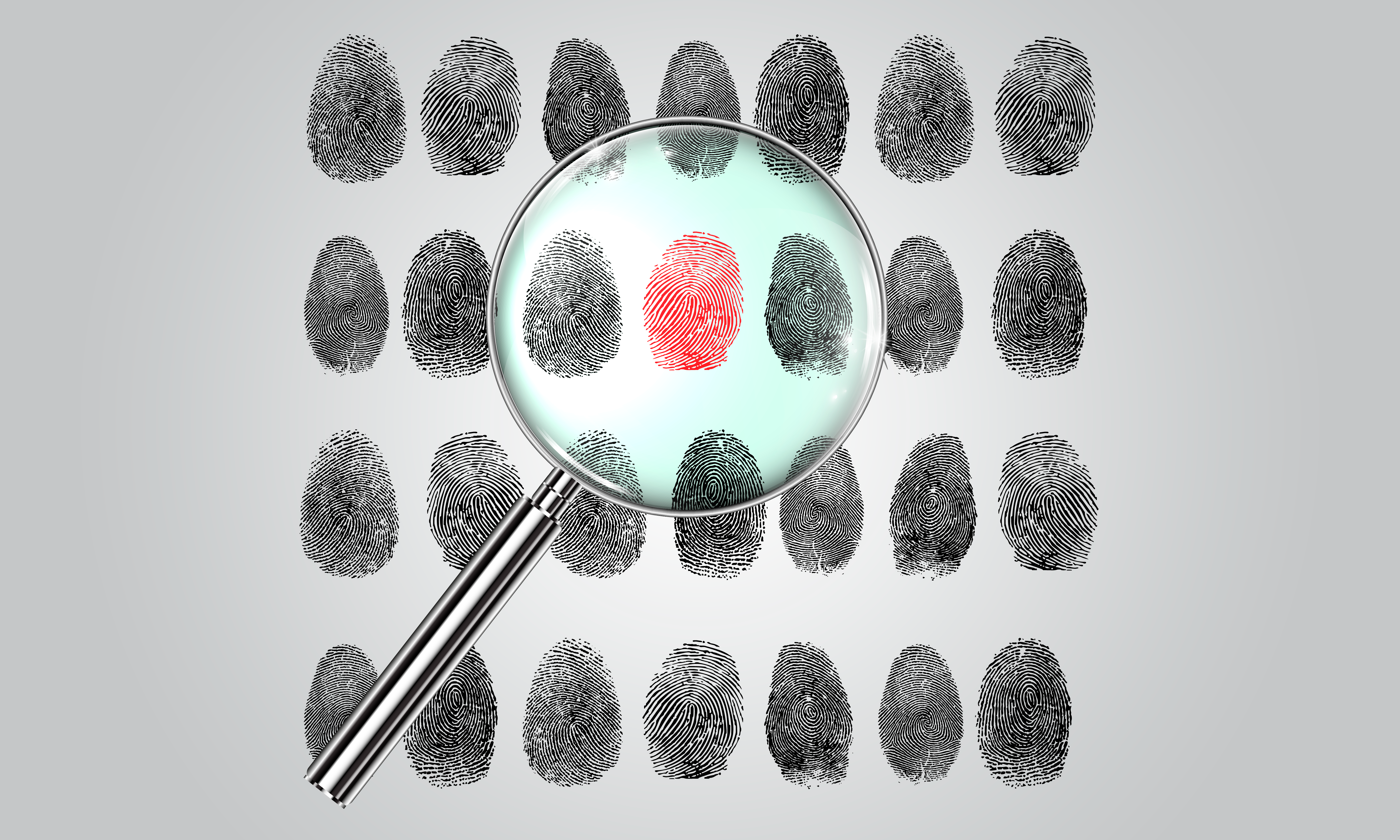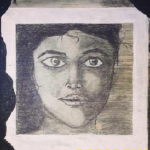By Ernesto Spinak
Introduction

Image: Balintseby / Freepik.
In the last three years we have commented on SciELO in Perspective several different types of plagiarism and fraudulent editorial processes. To mention only the most frequent, we have plagiarism itself, ghostwriting, self plagiarism, the automatic production of articles, etc. (For a list of notes published in this blog under the topic “plagiarism”, search at the homepage search box using the expression: editorial plagiarism, and you will get at least a dozen posts).
This bibliography, however, does not exhaust the repertoire, because recently two other types – less frequent ones – have appeared to add to our list, namely “accidental plagiarism” and “peer review plagiarism”. Both cases were recently published on the plagiarism blog of the tool iThenticate.com, which we will comment on.
Accidental or negligent plagiarism
There are people in academia who commit plagiarism, and by calling their attention they argue that it was not out of malice, but out of carelessness. But his carelessness lies in the blurry line between accidental and negligent. For example, an author paraphrases a source, or mentions a fact that is not the common public knowledge, and omits the citation or quotation marks to highlight the text. It may be possible that the author did not intend to plagiarize, but he/she shows little regard for citation standards and the work of others.
Authors who are intent on avoiding plagiarism should copy parts of other’s works more carefully, and if one ends up eventually including quotes from other people “accidentally” or sloppily, it is not a matter of bad luck, it is definitely negligence.
From the point of view of the facts, there is no great difference between accidental plagiarism to save a little work and intentional plagiarism. It is a matter of academic integrity. Plagiarism is stealing ideas and work from others. The fact of saying – as the TV character Bart Simpson “it wasn’t me” does not make the problem less serious, it’s an excuse as old as the world.
To cite inappropriately is not an accidental fact, whereby negligence should be considered in the same way as malice in what concerns plagiarism.
When peer reviewers commit plagiarism
Recently, in December 2016, a note1 from a Tufts Medical Center researcher in Boston was posted on Retraction Watch, reporting that he had submitted an article to the Annals of Internal Medicine, which was not accepted for publication. To his surprise, some time later, he found that this same article had been published by the journal, but with other authors, and one of the reviewers who had rejected his article appeared as the author. Moreover, the text presented manufactured data, since the same numbers were attributed to patients in another country, where the tables, graphs, etc. were replicated.
As it corresponds, the article was retracted2 by the journal and it has motivated, in addition, an editorial on the subject.
Peer reviewers are supposed to prevent scientific misconduct and be the custodians of excellence. These behaviors, fortunately infrequent, erode public confidence and undermine the process by which research and verification of communications is conducted.
My opinion
From the actual point of view there is not much difference between negligence and intentionality. Those who write in academic journals are supposed to be professionals, people with years of training, who should be responsible for what they write and present. Negligence only makes the judgment of lack of integrity more severe. And if someone who commits a fraud in the form of plagiarism is also a referee, it multiplies the moral condemnation.
For these reasons, as we have said over and over again along the years, it is imperative that academic journals incorporate into the editorial process automated control systems to prevent plagiarism and duplicity.
On the other hand, we should give Open Review initiatives an opportunity, as this would be an important step towards strengthening public confidence in the scientific enterprise and its communication channels.
Notes
1. MCCOOK, A. Dear peer reviewer, you stole my paper: An author’s worst nightmare [online]. Retraction Watch, 2016 [viewed 22 March 2017]. Available from: http://retractionwatch.com/2016/12/12/dear-peer-reviewer-stole-paper-authors-worst-nightmare/
2. FINELLI, C., et al. Retraction: The improvement of large High-Density Lipoprotein (HDL) particle levels, and presumably HDL metabolism, depend on effects of low-carbohydrate diet and weight loss. EXCLI Journal. [online]. 2016, vol. 15, pp. 570 [viewed 22 March 2017]. DOI: 10.17179/excli2016-570. Available from: https://www.ncbi.nlm.nih.gov/pmc/articles/PMC5138495/
3. LAINE, C. Scientific Misconduct Hurts. Ann Intern Med. [online]. 2017, vol. 166, pp. 148-149 [viewed 22 March 2017]. DOI: 10.7326/M16-2550. Available from: http://annals.org/aim/article/2592772/scientific-misconduct-hurts
References
BAILEY, J. Debunking the Accidental Plagiarism Excuse [online]. Plagiarism Today, 2016 [viewed 22 March 2017]. Available from: http://www.plagiarismtoday.com/2016/08/03/debunking-the-accidental-plagiarism-excuse/
BAILEY, J. The Boundaries of Accidental Plagiarism [online]. iThenticate, 2017 [viewed 22 March 2017]. Available from: http://www.ithenticate.com/plagiarism-detection-blog/boundaries-of-accidental-plagiarism?utm_campaign=blog-alerts&utm_source=hs_email&utm_medium=email&utm_content=43099351&_hsenc=p2ANqtz-_LBATPK4fnfA_MWyOQhLEJy0dp1IEGhpZ-2WGMMjcFWmHnwFJmxNxtEQxTatK3c22jeSqPXUr6ivLBFTVSpAVxk0wsFA&_hsmi=43099351#.WNGfFmcm42x
FINELLI, C., et al. Retraction: The improvement of large High-Density Lipoprotein (HDL) particle levels, and presumably HDL metabolism, depend on effects of low-carbohydrate diet and weight loss. EXCLI Journal. [online]. 2016, vol. 15, pp. 570 [viewed 22 March 2017]. DOI: 10.17179/excli2016-570. Available from: http://www.ncbi.nlm.nih.gov/pmc/articles/PMC5138495/
LAINE, C. Scientific Misconduct Hurts. Ann Intern Med. [online]. 2017, vol. 166, pp. 148-149 [viewed 22 March 2017]. DOI: 10.7326/M16-2550. Available from: http://annals.org/aim/article/2592772/scientific-misconduct-hurts
MCCOOK, A. Dear peer reviewer, you stole my paper: An author’s worst nightmare [online]. Retraction Watch, 2016 [viewed 22 March 2017]. Available from: http://retractionwatch.com/2016/12/12/dear-peer-reviewer-stole-paper-authors-worst-nightmare/
External link
iThenticate: Plagiarism blog – <http://www.ithenticate.com/plagiarism-detection-blog>
 About Ernesto Spinak
About Ernesto Spinak
Collaborator on the SciELO program, a Systems Engineer with a Bachelor’s degree in Library Science, and a Diploma of Advanced Studies from the Universitat Oberta de Catalunya (Barcelona, Spain) and a Master’s in “Sociedad de la Información” (Information Society) from the same university. Currently has a consulting company that provides services in information projects to 14 government institutions and universities in Uruguay.
Translated from the original in Spanish by Lilian Nassi-Calò.
Como citar este post [ISO 690/2010]:








![Some remarks on peer review and preprints [Originally published as the editorial in Memórias do Instituto Oswaldo Cruz vol. 118] Montage. Photo of a data center, a corridor with machines occupying the wall and processing computer systems. In front, a vector illustration of a microscope and a cross behind. A braided circle around the two. At the top, the logo of the journal Memórias do Instituto Oswaldo Cruz. At the bottom, the text: Peer Review x Preprint.](https://blog.scielo.org/en/wp-content/uploads/sites/2/2023/07/mioc-thumb.png)








Read the comment in Spanish, by Portal PlagioSOS:
http://blog.scielo.org/es/2017/07/20/etica-editorial-otros-tipos-de-plagio-y-contando/#comment-41159
Read comment in Portuguese, by Gabrielle:
http://blog.scielo.org/blog/2017/07/20/etica-editorial-outros-tipos-de-plagio-e-contando/#comment-28091